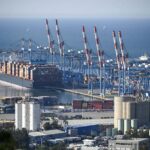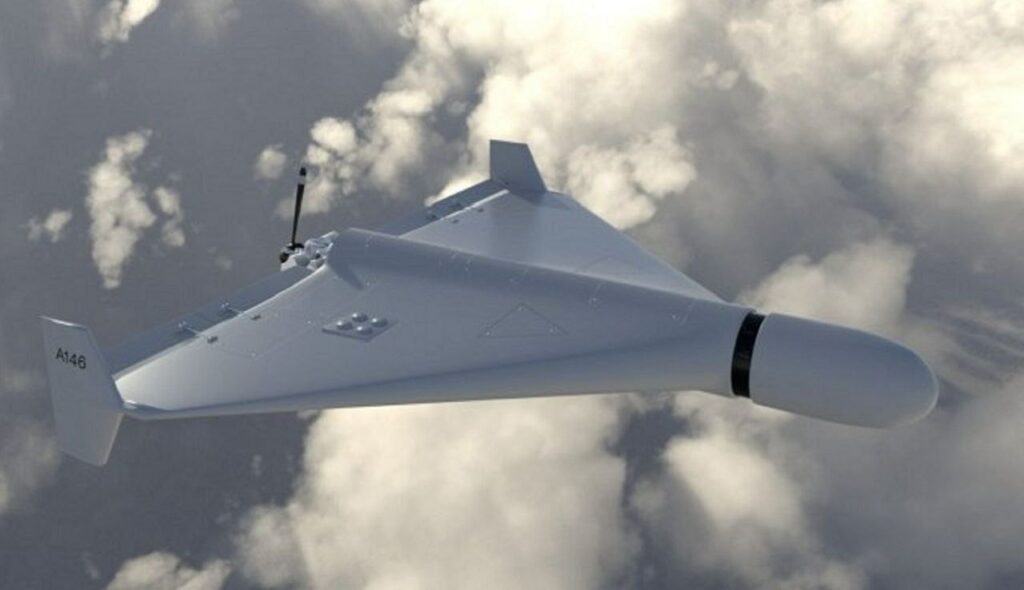How Israel ports operate during wartime
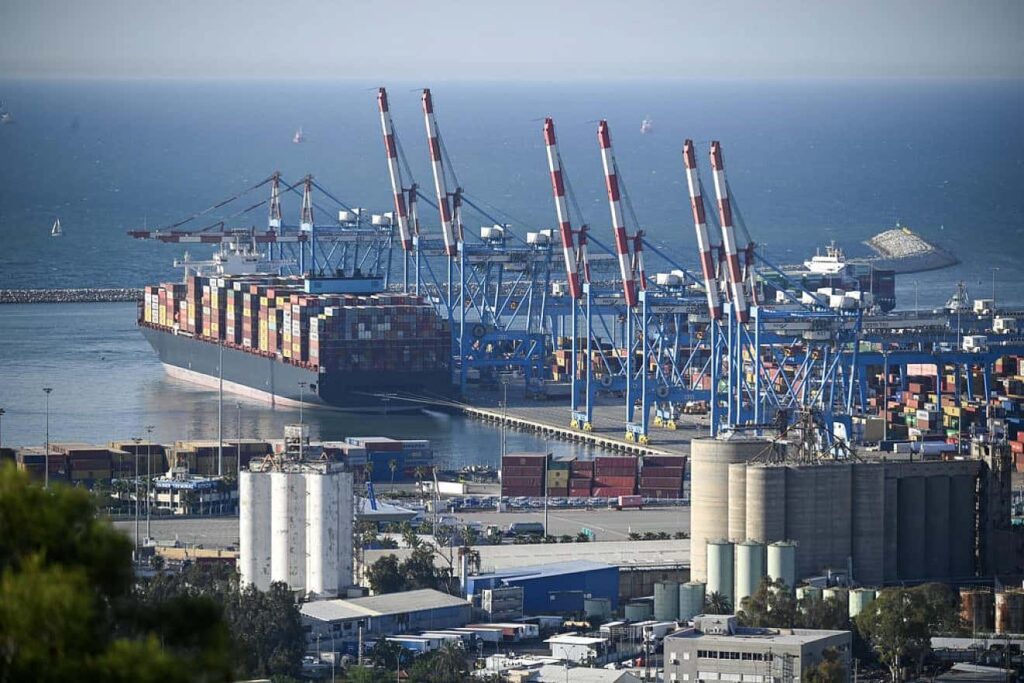
On the morning of October 7, the Islamic movement Hamas attacked Israel. USM explains how the escalation of conflict has affected shipping in the region.
Around 6:30 a.m. on October 7, Palestinian militants of Hamas launched a massive rocket attack on the territory of Israel and crossed the border in the Gaza Strip. Gunmen from Gaza invaded four rural Israeli communities, the border town of Sderot and two military bases from land and sea.
In the evening of the same day, Israeli Defense Minister Yoav Galant said that the Israeli army had regained control over most of the settlements in the south of the country, near the Gaza Strip, where Hamas militants had previously penetrated. Israel also announced the start of a military operation in the Gaza Strip.
Challenge for the shipping
Following the massive Hamas attack on Israel, ship owners operating in the region have been urged to exercise extreme caution. In particular, cruise companies have already started canceling flights to Israeli ports.
At the same time, the Israeli shipping company ZIM announced that it will allocate its container ships for the benefit of the country’s national needs. ZIM container carriers will be involved in the delivery of humanitarian cargo from anywhere in the world to Israel as a priority – in accordance with the requirements and needs of the Ministry of Defense and the state government.
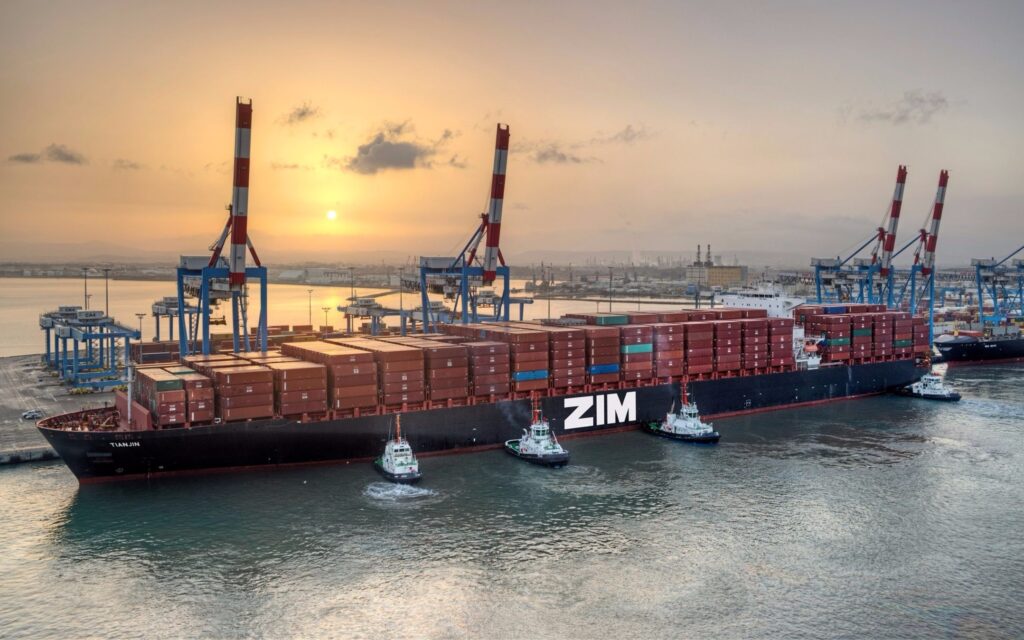
“ZIM will provide aid to the affected areas in solidarity with the people of Israel. The safety of our employees and the state of Israel is our priority,” said Eli Glickman, the company’s chief executive officer.
Currently, all sea traffic near the ports of Ashdod and Ashkelon is controlled by the Israeli Navy. At the same time, the Ministry of Transport ordered to regulate the entry of ships into Israeli ports.
Yes, shipowners transporting hazardous materials are subject to prior permission from the Shipping Administration. Also, shipping agents are required to send a detailed list of all cargo on ships due to arrive at Ashdod port within 48 hours.
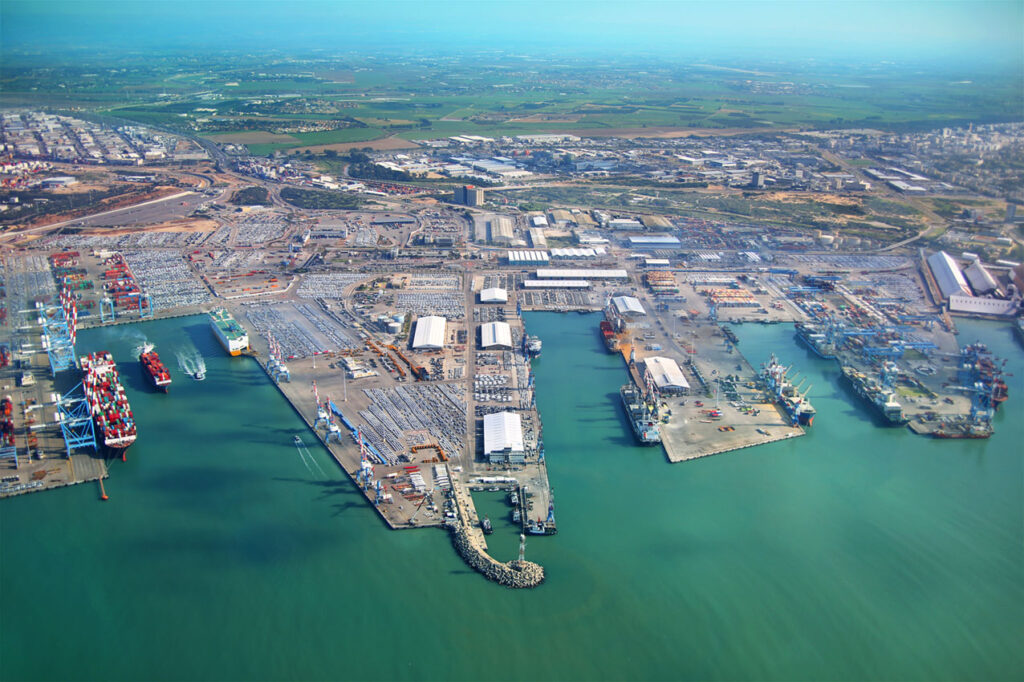
According to North Standard and Harpaz insurers, the following situation is currently observed in Israeli ports:
• The Port of Haifa (including the Port of Haifa Bay and the ship repair enterprise “Israeli Shipyard”) is operating as usual;
• Port of Hadera (mostly used by bulk carriers) operates as usual;
• Ashdod Port (Israel’s second largest), located a few miles from the Gaza Strip, is in “emergency mode”;
• The Port of Ashkelon, also near the Gaza border, is currently closed. It is worth noting that the day before, Hamas militants fired more than 100 rockets at the port city;
• There is currently no information about other ports.
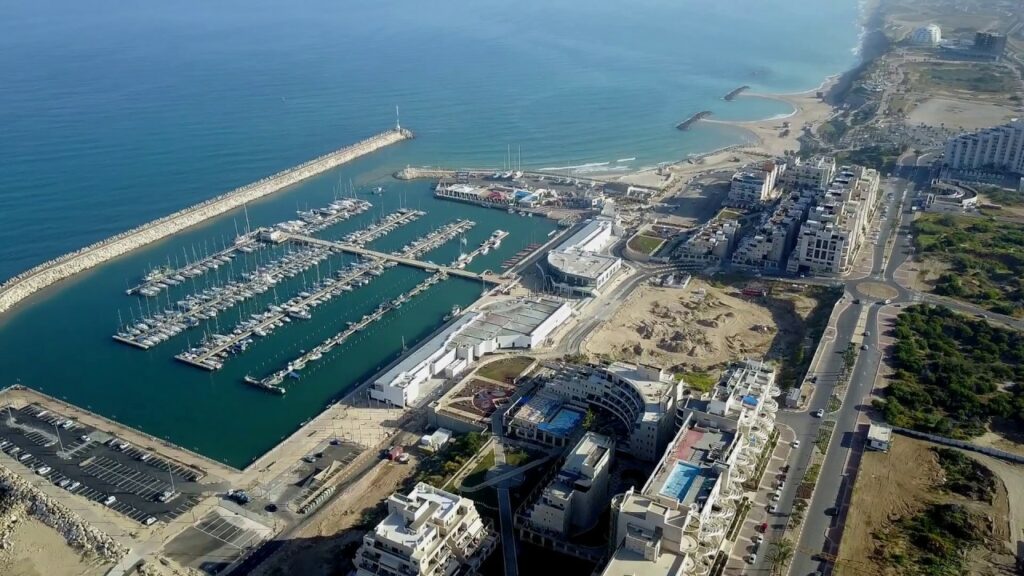
If the three largest ports of Israel – Haifa, Ashdod and Eilat – are disrupted, the country’s trade may be seriously affected. These ports process large volumes of agricultural products, chemicals, electronics, machines and vehicles.
Haifa Port operator Adani Ports has announced that the next few months will be volatile for commercial activity. At the same time, the company has a business continuity plan.
“We are closely monitoring the activities in the south of Israel, while the port of Haifa is located in the north. We remain fully alert and have a business continuity plan in place to enable us to respond effectively to any eventuality,” Adani Ports said.
According to the experts of the Global Trade Research Initiative, the conflict may reduce the profits of Israeli exporters, but will not affect the volume of trade unless the war escalates. However, geopolitical tensions in the Middle East may significantly affect the price of oil.
Impact on Israel’s oil and gas fields
As a result of the escalation of the conflict, the international community expressed concerns about energy security in the region. Although there is no major oil and gas infrastructure near the Gaza Strip or southern Israel, the country has large gas fields in the Mediterranean Sea. Yes, offshore gas fields can become a potential target for Hamas militants.
Chevron, which operates the Leviathan and Tamar gas fields near Israel, announced on October 7 that it would continue to comply with the Energy Ministry’s directive.
Energen, the operator of the Karysh field, which started operations last October, also said that the company’s production vessel Energean Power will continue to operate as usual. It will be recalled that in February, Israel began exporting oil from the Karish offshore field.
The largest of the two Israeli refineries is the plant in Haifa. The enterprise owned by Bazan Group is capable of processing 197,000 barrels of oil per day.
The second largest oil refinery in Ashdod is capable of processing 110,000 barrels per day. Previously, the company owned by the Paz Group was the largest buyer of Iraqi oil.
It is worth emphasizing that the Mediterranean port of Ashkelon can also store up to 2.3 million cubic meters of oil and receive cargo up to 250,000 tons. In total, 30 million metric tons of oil were transported from Ashkeron annually. At the same time, tankers with a deadweight of up to 350,000 tons are processed in the oil port of Eilat, which can store up to 1.4 million cubic meters of raw materials. With Ashkelon currently out of business, Israel could significantly lose its oil traffic.
Read also: The US will move warships closer to Israel amid the war.
